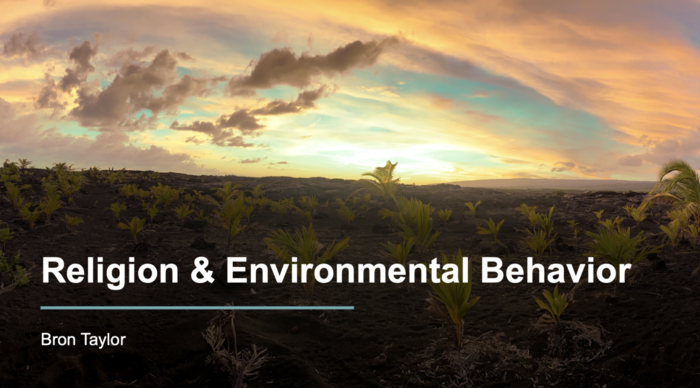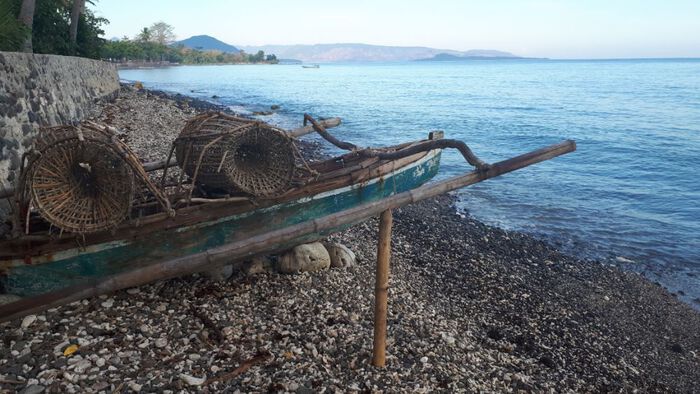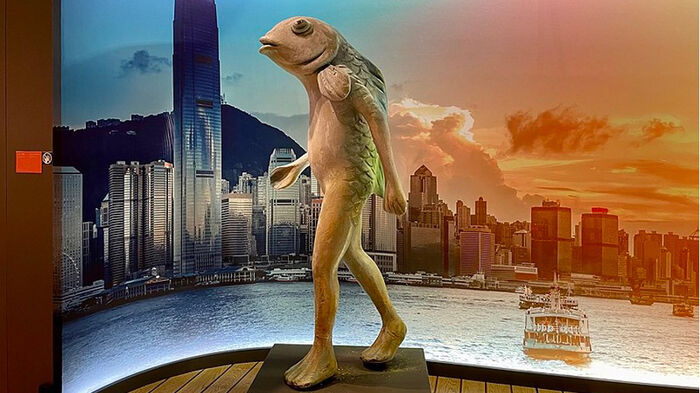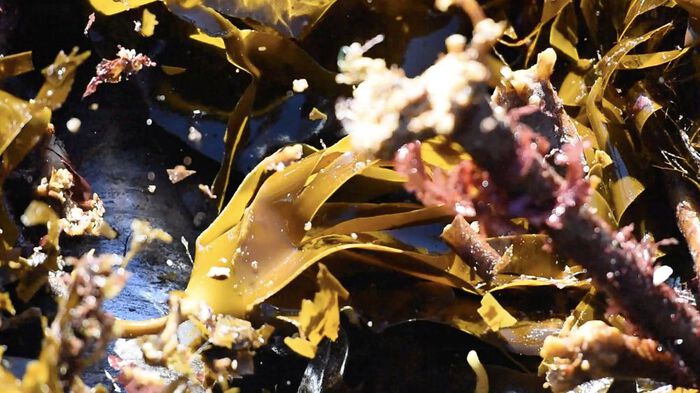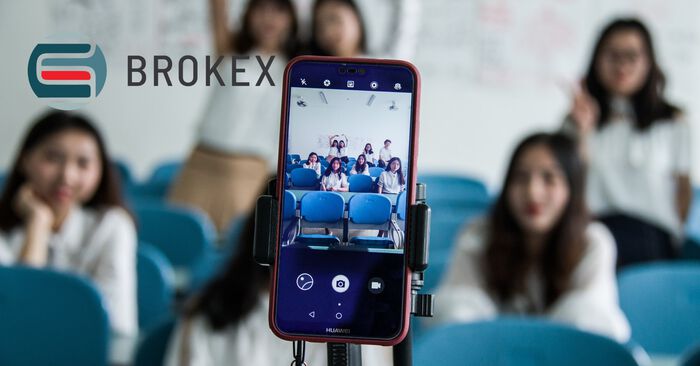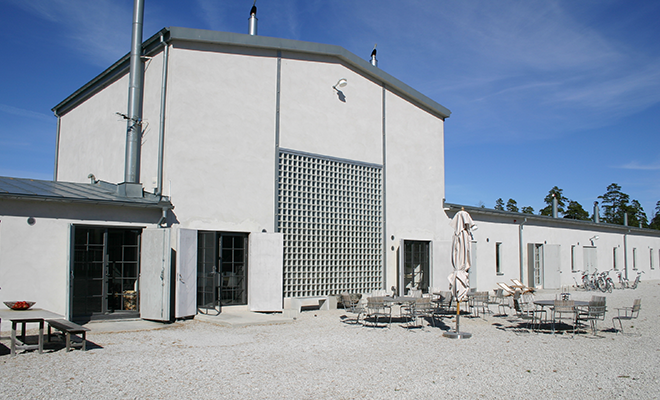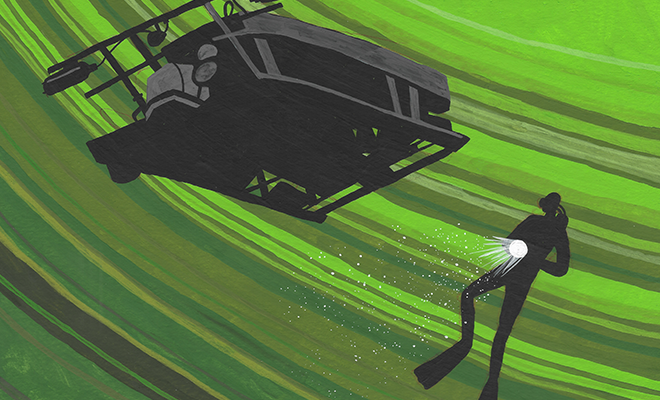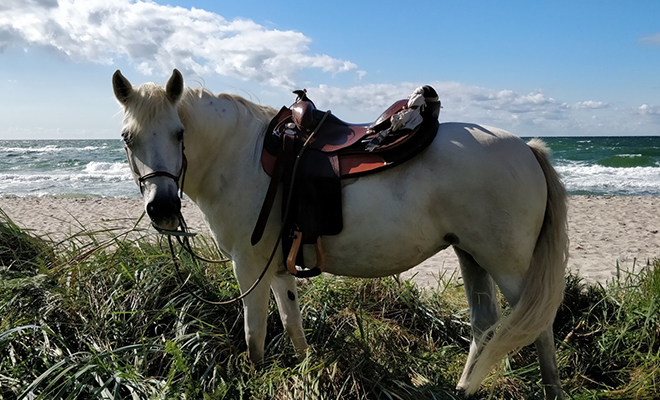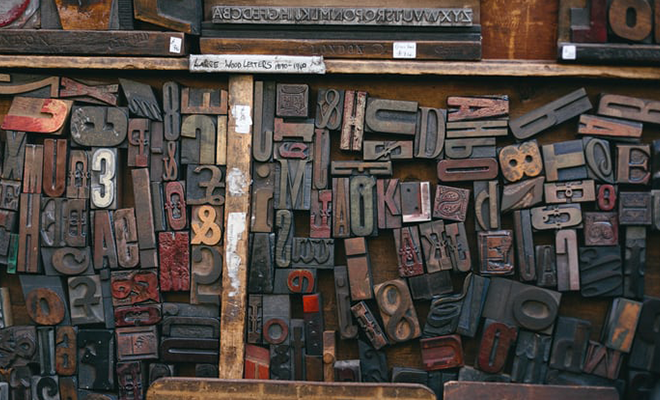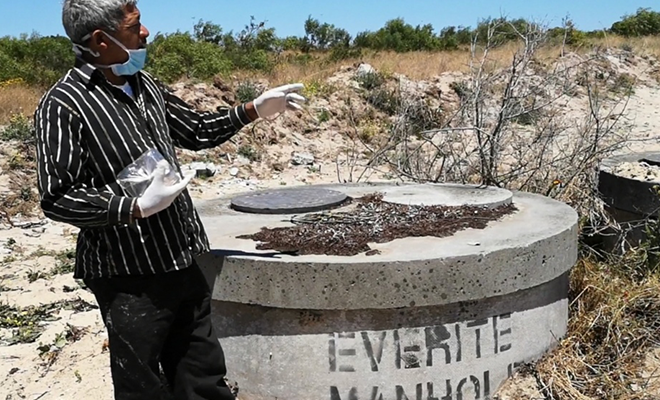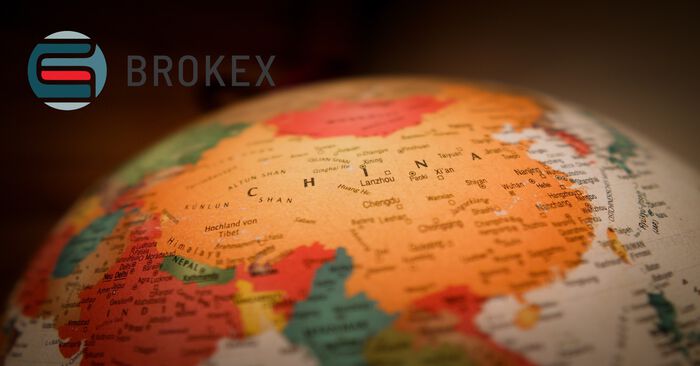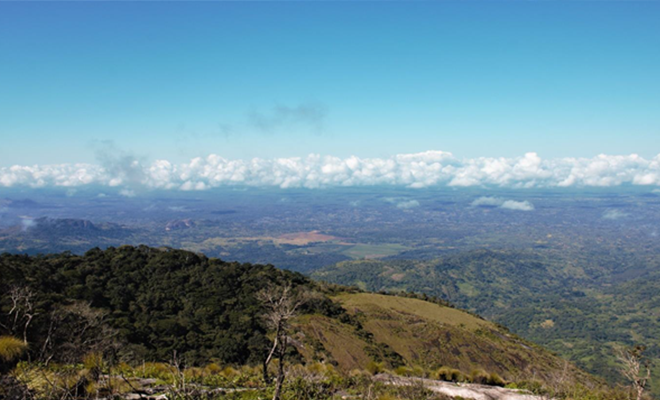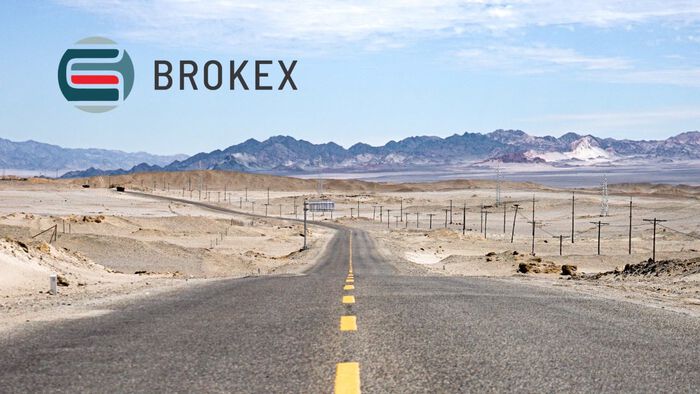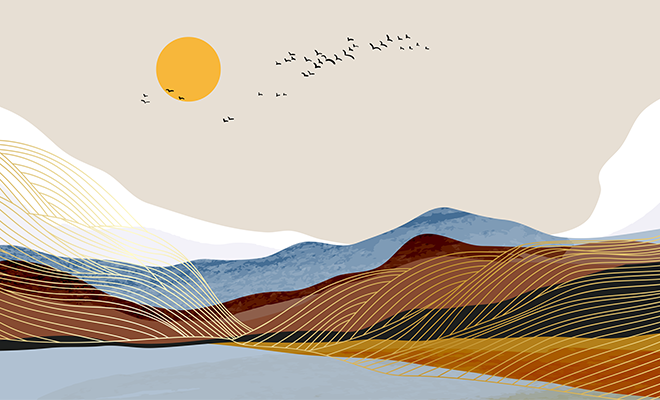Tidligere arrangementer - Side 11
Bron Taylor, Professor of Religion at the University of Florida, will draw on a comprehensive review of extant research by others, as well as his own research exploring contemporary nature spiritualities, and conclude by speculating on the future of religion and nature, near, medium, and long-term.
In this talk anthropologist Florence Durney will present about her ongoing research on the intersection of indigenous and state marine tenure systems and marine environmental change. In particular she will discuss how climate-induced marine environmental change is complicating processes of living with, claiming, and negotiating marine boundaries for humans and non-humans alike.
In this talk, writer and diver, Ting. J. Yiu discusses her ecocritical creative practice through an aquatic lens. Centering diasporic displacement, she discusses how aquatic narratives and interspecies encounters are radical sites to subvert notions of citizenship, (re)negotiating identities, and contesting hegemonic environmental narratives.
In the last decade, one of the most transformative innovations in the humanities and social sciences has been the renewed interest in the role of emotions and affects in human and more-than-human lives.
Agential Matter is an artistic research project which examines performativity of algae, objects and bodies in instances of observation in scientific research, industrial production and artistic encounter. This talk by artist Sabine Popp is seen as an opportunity to (re)turn to a small shed at a landing station for harvested kelp as one of several places of hybrid coexistence.
How important is gender for young people in contemporary China? What challenges and aspirations are central to young Chinese women? This seminar will focus on how young women from China negotiate different expectations and identities both inside and outside their homeland.
In this talk, sustainability and tourism researcher Per Strömberg discusses the practices of ‘adaptive reuse’ of buildings as part of a cultural economy. He considers ‘reuse value’ is a cultural capital which is used as a rhetorical device in the discourse of sustainability and circular economy, but also, something that can be converted into economic capital in urban redevelopment.
This talk by contemporary historian Tirza Meyer will be a presentation of the project ‘Humanoid Oceans’ that seeks to explore the history of what happens to the oceanic environment when humans venture into the ocean with the help of technology.
Although we work with different materials and within different theoretical frameworks, what we spend most of our days with is reading – archival sources, documents, field notes, texts in multiple genres and formats
In this talk, philosopher and veterinarian Kerstin Weich introduces how veterinary humanities contribute to current discussions on environmentality in biomedicine. Starring: Japanese fungus, veterinarians, tapeworms, horses and dung-feeding beetles in ecological turf wars.
Arne Naess' work and his philosophy, Deep Ecology, kick-started a global movement that put Nordic culture on the environmental map. What is his legacy today, and does it still have bearing in the epoch of the Anthropocene? Join us for a lively conversation around climate change, Nordic responses - and uncertainty. With Knut Ivar Bjørlykhaug and Martin Lee Müller, chaired by Gunnar Gjermundsen.
In this talk, poet and translator Kathleen Maris Paltrineri will discuss ecopoetic works published in Norway that push boundaries in form, language, and thought as they explicitly or implicitly address the ramifications of climate change. She will also draw on her translation experience to discuss how ecotranslation may invite innovative translation and creative writing practices and may be its own form of activism.
In this talk, environmental anthropologist Dr. Nikiwe Solomon explores how particular assumptions built into the design of infrastructure, as well as the bureaucratic and techno-managerial approaches used to build said infrastructure, often take for granted the social consequences of infrastructure’s day-to-day (mal)functioning.
New OSEH Associate Professor II, Michelle Bastian, will discuss her current fellowship project which will build connections with phenology, the study of lifecycle timing in plants and animals, and humanities research.
For the last fifteen years or so, interdisciplinarity – aka crossdisciplinarity, transdisciplinarity, postdisciplinarity, or simply convergence – has been one of the most mobilizing ideas in global scholarship
China’s main foreign policy initiatives are not directed at the West but prioritise south-south relations. In this seminar, we will learn more about China’s orientation towards developing countries and the meaning of the concept of a ‘more democratic world order’ for the Chinese Communist Party.
In this talk, anthropologist Anselmo Matusse introduces how the Mozambican state establishes extractivism in the country and its pernicious effects on people and landscapes on the ground.
I forbindelse med midtveisevaluering for PhD-stipendiat ved SUM Erica Colman-Denstad inviterer vi alle interesserte til et åpent seminar om Colman-Denstads forskning. Til å kommentere på tekstene har vi invitert universitetslektor ved Malmö Universitet Daniel Svensson
We want to invite you to an open evaluation with our PhD-fellow in Middle East Studies Nalan Azak. To comment on the candidates work, we have invited Professor Jenny White from Stockholm University, Department of Asian, Middle Eastern and Turkish Studies
We want to invite you to an open evaluation with our PhD-fellow in China Studies Olivia Liu. To comment on the candidates work, we have invited Professor Jørgen Delman from the University of Copenhagen.
The Belt and Road Initiative (BRI) is one of China’s most discussed foreign policy initiatives. What is the BRI? How does it influence other countries? In this webinar, Freymann will give a presentation of his book and answer questions from the audience, in discussion with Özge Söylemez.
How can we balance wilding agricultural land to increase biodiversity, while maintaining the cultural heritage within landscapes? Is it possible to prevent, halt and reverse the degradation of ecosystems, while restoring culture too? What issues are at stake in the UN Decade on Restoration?
FECCS invites to a digital roundtable discussion on Chinese and European Research Perspectives on Academic Collaboration.
